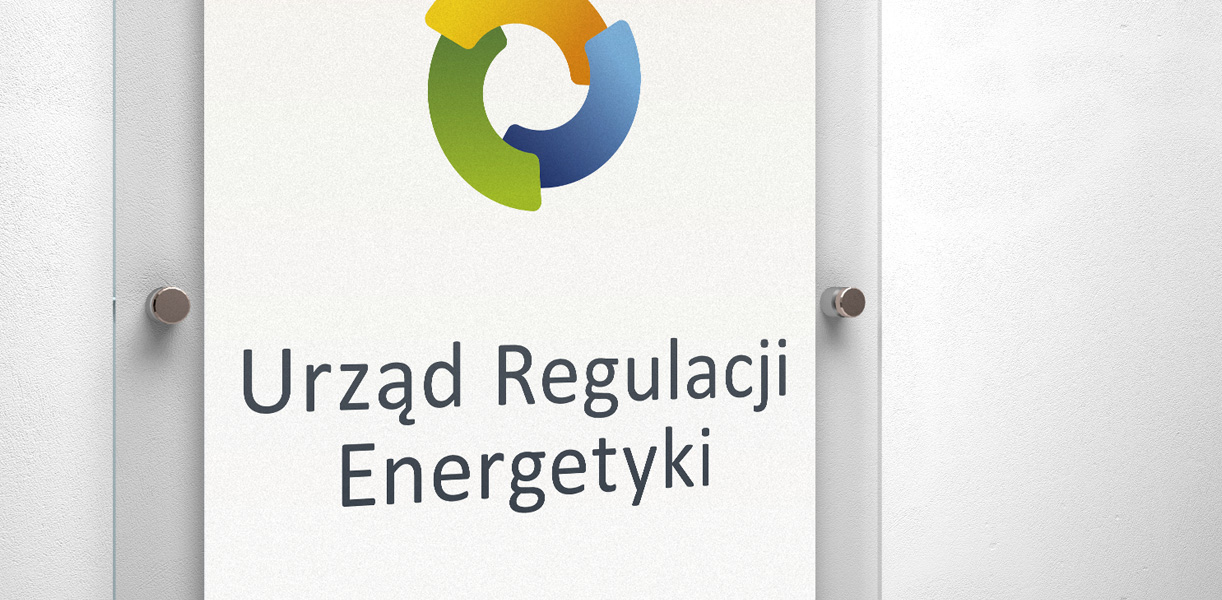The President of ERO audited the implementation by generators in 2019 of the so-called a power exchange obligation, i.e. the obligation to publicly sell energy on the Polish Power Exchange (TGE). A group of 24 largest producers, whose total gross electricity production accounted for over 80% of domestic production, was subject to inspection. On the basis of the analysis of their reports, it was found that in 2019 these companies produced 123.6 TWh of gross electricity, of which the obligation to trade on the exchange covered the volume of 56.7 TWh (45.8% of gross electricity production). Enterprises mostly used the so-called exemptions, i.e. regulations enabling the sale of energy outside the exchange Thus, the sale of energy not subject to the public sale obligation amounted to as much as 54.2% (67 TWh). This means that the 100% obligation actually relates to less than 46% of the electricity produced by the companies surveyed.
The largest amount of energy – 24.6 TWh – was excluded from the obligation due to the conclusion of sales contracts before January 1, 2019. It is almost 20% of the total electricity production, and also nearly 37% of all statutory exemptions. The surveyed producers sold a total of 65.1 TWh of electricity, which is 8.4 TWh more than required by the obligation. This means that an additional 15% of energy subject to statutory exemptions was sold on the exchange, which entrepreneurs did not take advantage of. This proves the attractiveness of the exchange market as an organized place for electricity trading.
The obligation was not performed in the amount of 0.3 TWh, which was 0.5% of the obligation in question.
Data from stock exchange quotations, in which the producers covered by the obligation have a significant share, are the basis for the regulator calculating the average selling prices of electricity on the competitive market. Therefore, the possible resignation from the obligation will not only affect the transparency of the market operation, but also the amount of state aid granted.



